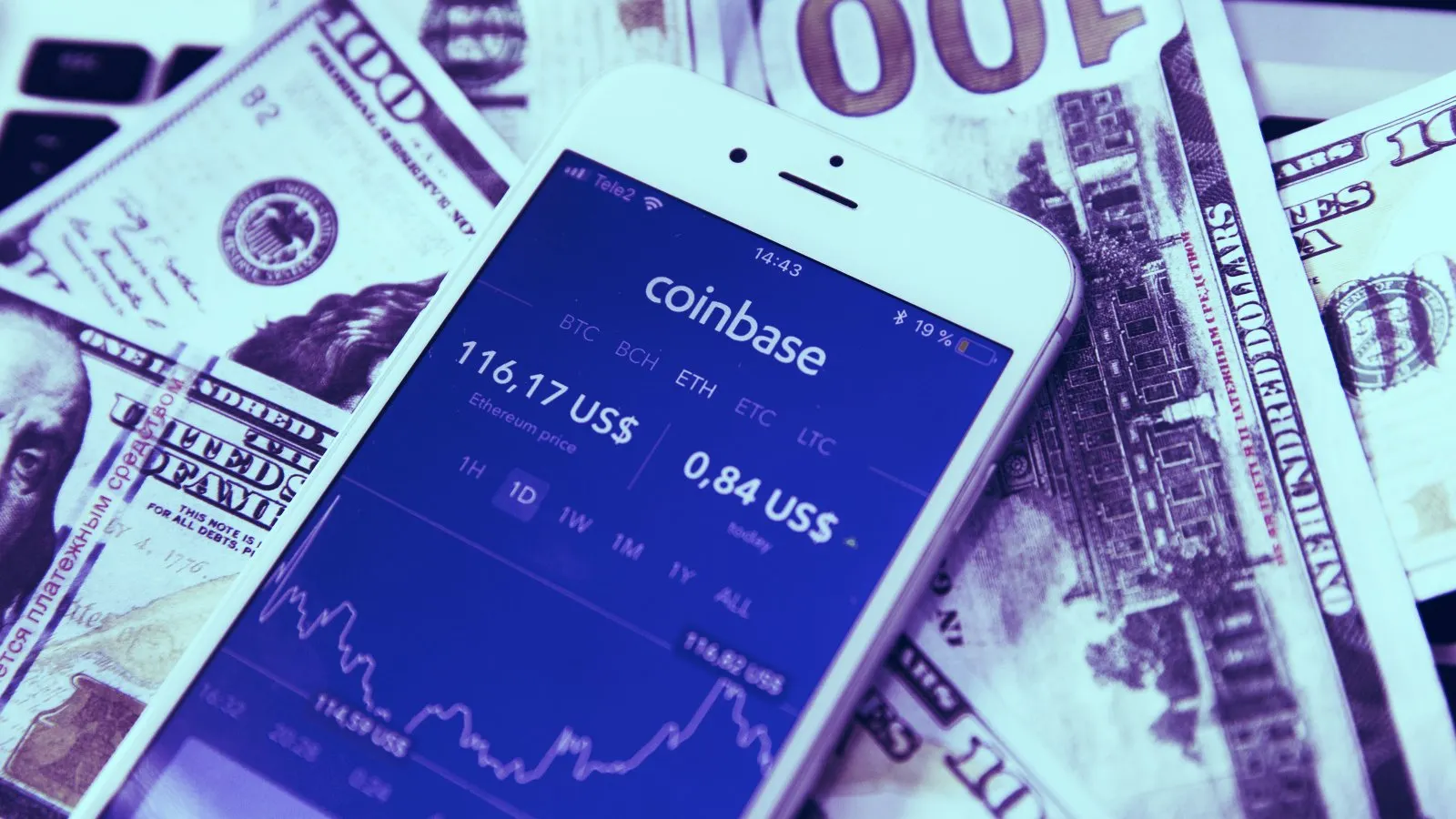A former Coinbase product manager and two others together ran a year-long, insider-trading scheme that generated more than $1.1 million in profits, U.S. federal authorities today alleged.
Ishan Wahi, while an employee at the San Francisco-based cryptocurrency exchange, allegedly provided information regarding upcoming token listings on Coinbase to his brother Nikhil Wahi, and his friend, Sameer Ramani. Authorities claim Wahi's brother and Ramani then used this knowledge to buy the tokens before Coinbase announced their listings and then sell them quickly for profit.
The Department of Justice announced today that all three individuals have been charged with "wire fraud conspiracy and wire fraud in connection with a scheme to commit insider trading in cryptocurrency assets by using confidential Coinbase information." The SEC also announced today that it filed civil charges against the trio over the alleged scheme. The FBI has arrested the Wahi brothers while Ramani remains at large, according to the DOJ's press release.
"Today’s charges are a further reminder that Web3 is not a law-free zone. Just last month, I announced the first ever insider trading case involving NFTs, and today I announce the first ever insider trading case involving cryptocurrency markets," U.S. Attorney Damian Williams said in the release, referring to charges filed against former OpenSea product manager Nate Chastain in June.
Coinbase coins and tokens tend to shoot up in value once the exchange, which is the biggest in the U.S., announces their availability. It is known as the “Coinbase effect.” The information that Wahi provided his bother and Ramani enabled them to buy cryptocurrencies before Coinbase announced their listings, and then sell them, making huge returns, the SEC claims.
“As today’s case demonstrates, whether in equities, options, crypto assets, or other securities, we will vindicate our mission by identifying and combatting insider trading in securities wherever we see it,” said Carolyn M. Welshhans, acting chief of the SEC's crypto assets and cyber unit.
According to the SEC, the three defendants allegedly bought at least 25 cryptocurrencies—at least nine of which were securities. The announcement did not specify which assets the trio allegedly bought.
In April, Coinbase announced it would no longer publish a shortlist of assets it was considering listing after an Ethereum trader bought $400,000-worth of tokens in advance of that list becoming public—and the assets jumped by 42% in 24 hours.
Editor's note: This story was updated after publication to include additional details regrading the charges filed.

